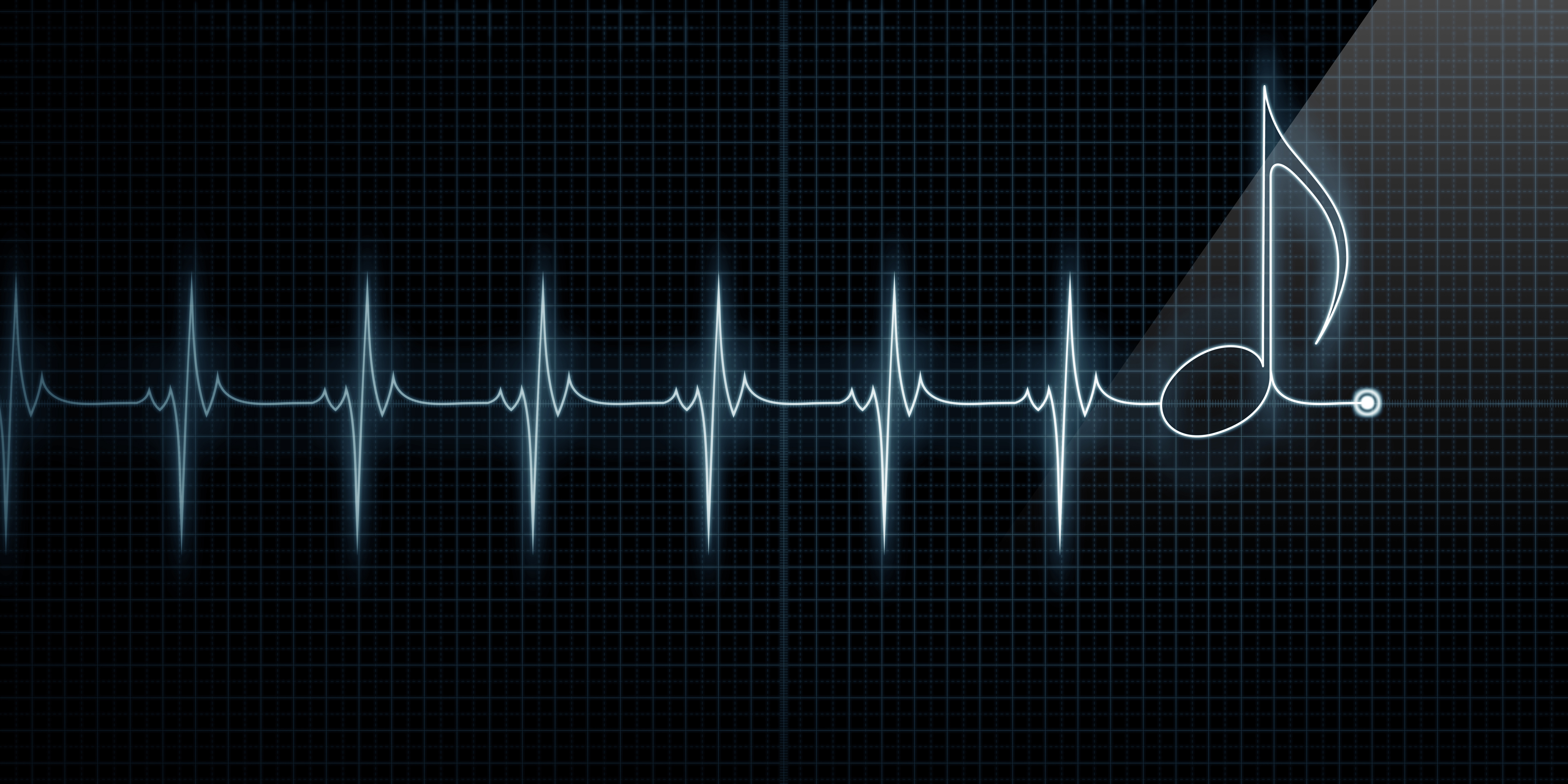music
Latest about music
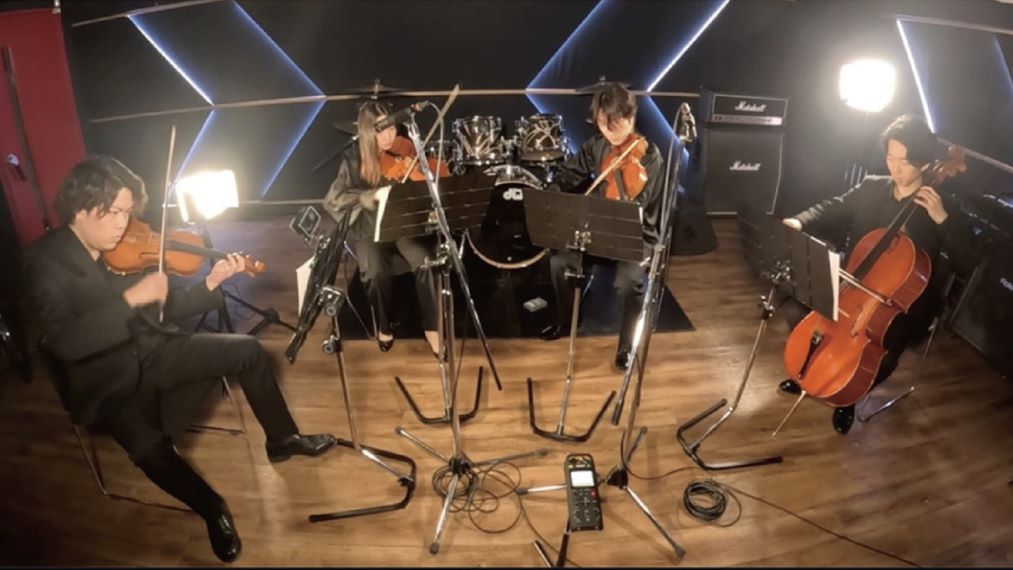
30 years of polar climate data converted into menacing, 6-minute song
By Sascha Pare published
Geoenvironmental scientist Hiroto Nagai used publicly available climate data from the North and South poles to compose an ominous-sounding chamber music piece.
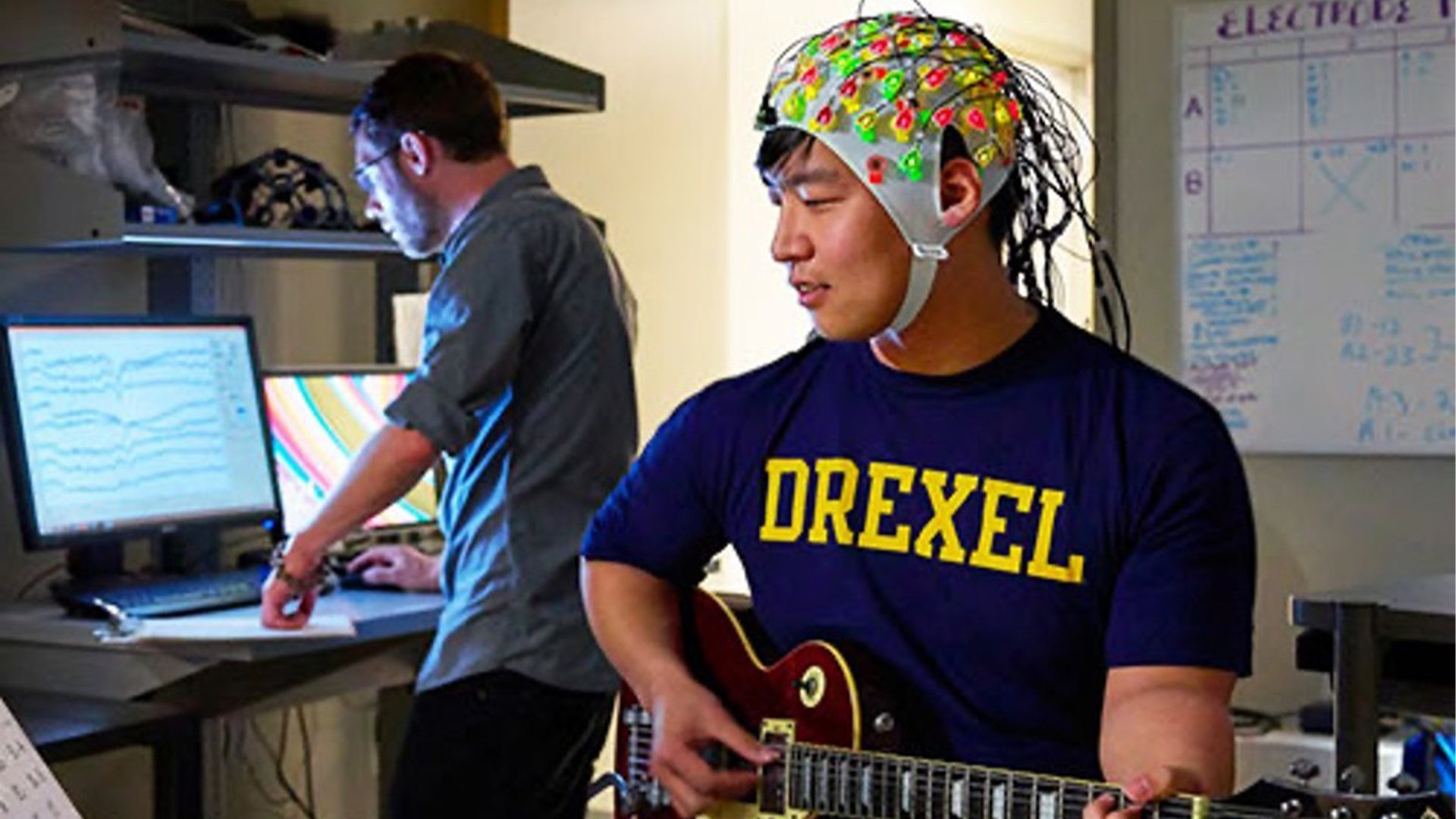
'Flow state' uncovered: We finally know what happens in the brain when you're 'in the zone'
By Jennifer Zieba published
Researchers say they've found the answer to competing hypotheses about how the brain functions in a "flow state."

Why do some people have perfect pitch?
By Emily Cooke published
Only 1 in 10,000 people can recognize musical notes on the spot. Why?

Listen to Pink Floyd's 'Another Brick in the Wall,' as decoded from human brain waves
By Christoph Schwaiger published
Researchers reconstructed recognizable snippets of the classic Pink Floyd song "Another Brick in the Wall" using listeners' recorded brain activity.
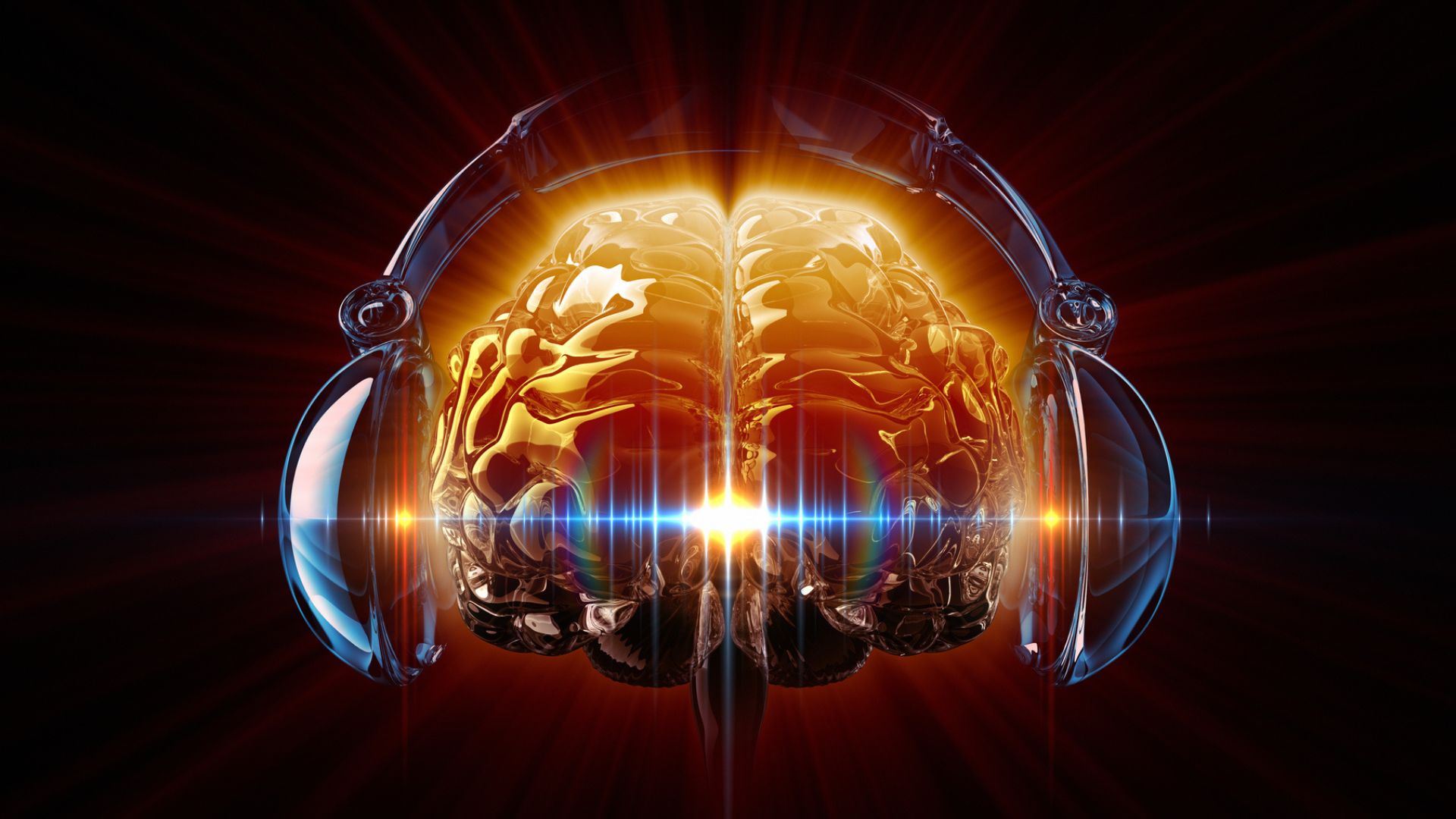
Google's 'mind-reading' AI can tell what music you listened to based on your brain signals
By Carissa Wong published
Artificial intelligence can produce music that sounds similar to tunes people were listening to as they had their brains scanned, a collaborative study from Google and Osaka University shows.

Musician's head injury triggered rare synesthesia, causing him to 'see' music
By Rachael Rettner published
A man's head injury resulted in a rare neurological condition that caused him to "see" music, and simultaneously, he became more creative.

Are some people actually tone deaf?
By Joe Phelan published
Tone deafness, a neurological disorder known as amusia, can make it hard to distinguish between musical pitches.
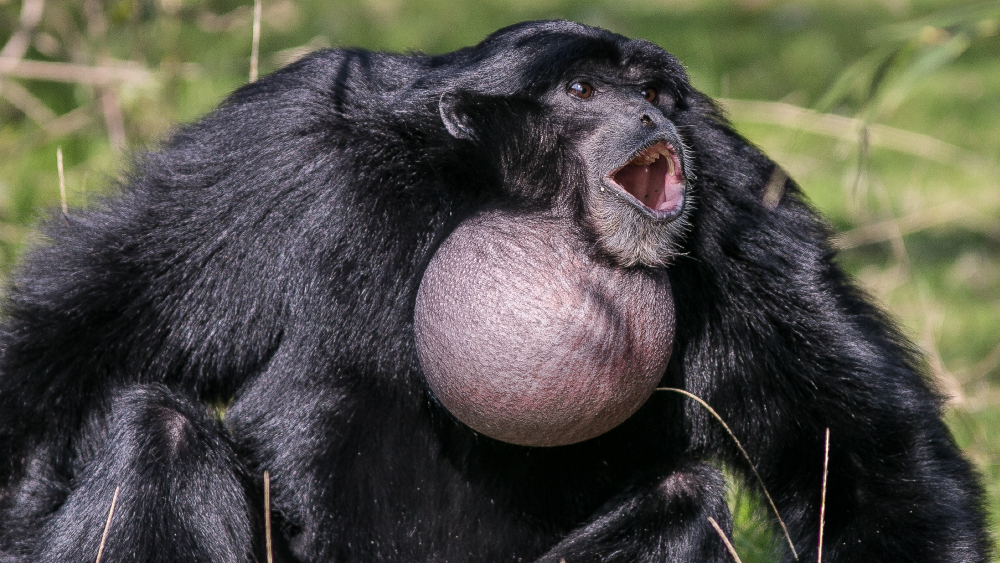
Which animals sing?
By Emma Bryce published
It's often assumed that birds are the only animals that sing. But these other divas of the animal kingdom prove otherwise.
Sign up for the Live Science daily newsletter now
Get the world’s most fascinating discoveries delivered straight to your inbox.
